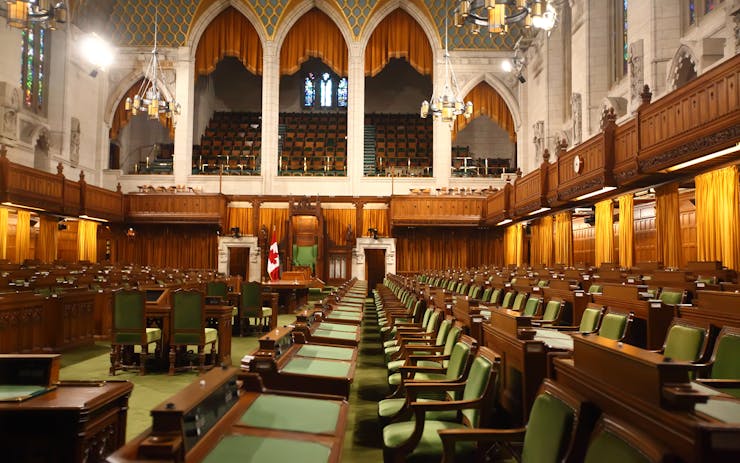The federal Liberal government is rejecting more than a dozen Senate amendments to its landmark law to legalize cannabis, including the upper chamber’s efforts to further limit—or ban outright—the ability to cultivate cannabis at home.
Among the rejected proposals are calls to ban home-grown cannabis and 'cannabis swag.'
In a motion put before the House of Commons, the Liberals say they can’t support a Senate amendment that would allow provinces to ban home cultivation of cannabis, arguing that the bill already gives provinces and territories the ability to impose their own restrictions.
The original legislation, once passed, would allow up to four cannabis plants per dwelling.
Quebec and Manitoba have already chosen to prohibit homegrow, but the amendment would have erased the possibility of legal challenges to their constitutional authority to do so.
The government argues it is “critically important” to permit Canadians to grow cannabis at home in order to support the Cannabis Act’s explicit goal of shutting down the illegal market.
“Canadians are allowed to make beer at home or wine, and some can even grow tobacco,” Health Minister Ginette Petitpas Taylor told a news conference Wednesday. “It is already possible for Canadians to grow cannabis for medical purposes and we absolutely believe that the legislation should be consistent when it comes to recreational cannabis.”
The Liberals also say they won’t support amendments aimed at banning the sale of cannabis-branded swag like T-shirts, nor one that would have required a registry of anyone involved in cannabis companies—an effort, senators say, to keep organized crime out of the legal cannabis game.
The Senate approved the Trudeau government’s cannabis bill last week, which—once passed—would lift Canada’s 95-year-old prohibition on recreational cannabis, but made nearly four dozen amendments. The majority of the changes were largely technical in nature.
The government says it can live with 27 of the changes to the bill, is proposing tweaks to two other amendments, and is rejecting 13 outright.
Petitpas Taylor said the government looked at the suite of Senate amendments and decided there were some they simply were not prepared to accept at this time. Those that they are allowing are “strengthening that bill,” she said.
“We are confident as we move forward that … we’re going in the right direction with respect to the bill.”
MPs will have to vote on the motion to send it back to the upper chamber, where senators would have to decide whether to accept the will of the House of Commons or dig in for a protracted parliamentary battle.






